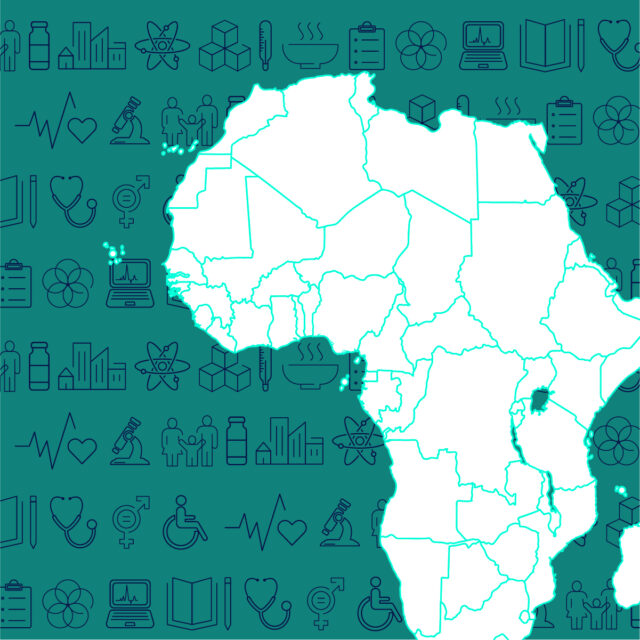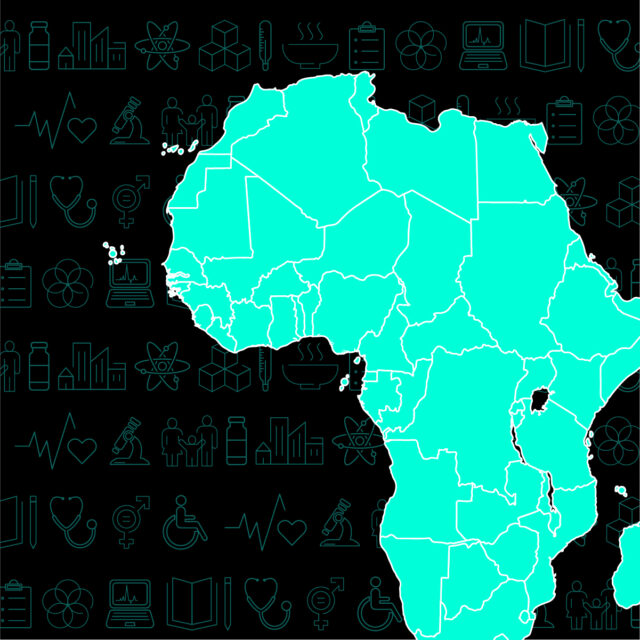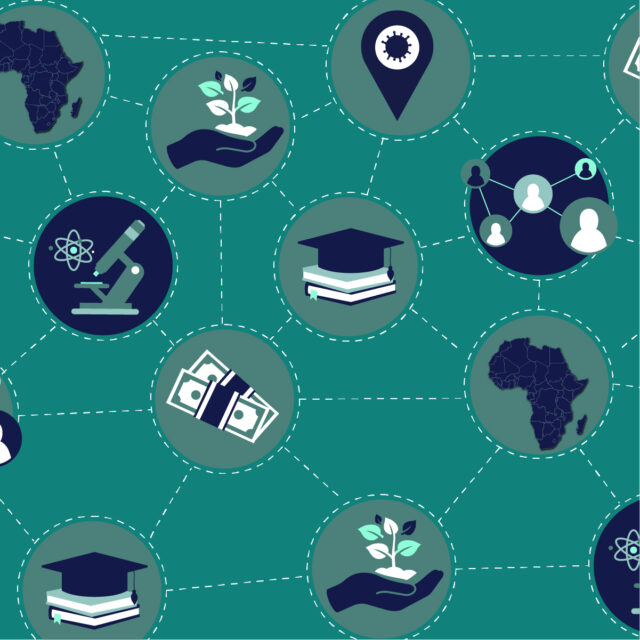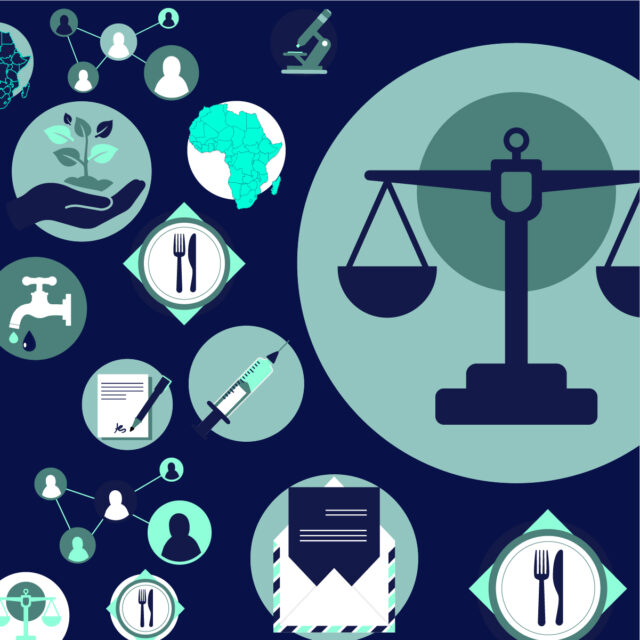Top news
Pandora’s box, open: This week, the International Consortium of Journalists (ICIJ) launched the “Pandora Papers,” its latest leaked investigation into the murky world of “offshore” finance. The data leak includes the names of more than 330 politicians in 91 countries, including 35 current and former world leaders, who seemingly participate in and benefit from a global system that enables illicit practices like corruption, money laundering, and tax evasion. Such activities undermine government revenues and trust in government at a time when both are in decline and hinder effective responses to the pandemic.
Et tu, Uhuru? African politicians are well represented in the Pandora Papers. The list includes Kenyan President Uhuru Kenyatta, who has campaigned against corruption while his family reportedly amassed a sizable offshore fortune. Meanwhile, corruption is undermining Kenya’s COVID-19 response, and less than 5% of the socioeconomically vulnerable families in Nairobi received support from the government’s COVID-19 cash transfer program. Gabon President Ali Bongo Ondimba and Republic of Congo President Denis Sassou-Nguesso feature, as do politicians from Nigeria (10), Angola (9), Côte d’Ivoire (5), Ghana (3), Gabon (3), Morocco (3), Chad (2), Kenya (2), and South Africa (2).
The Bagudu blues: Also appearing in the Pandora Papers is the governor of Nigeria’s Kebbi State, Abubakar Bagudu. Bagudu holds financial vehicles in Singapore, Cook Islands, and the UK which he used to move nearly €100 million (while flouting Nigeria’s disclosure laws). Kebbi is one of Nigeria’s poorest states, with 1 in 3 children having never attended school. The US Department of Justice accused him of participating in grand corruption under Nigeria’s former dictator Sani Abacha that misappropriated $5 billion.
Pfizer miser: Airfinity data predicts that 241 million vaccine doses stockpiled by G7 countries will expire by the end of this year if they are not immediately redistributed. That has prompted calls for pharmaceutical companies and governments to publish more information about vaccine production timelines and destinations. French President Emmanuel Macron lamented the role of poor transparency over vaccine pricing and delivery in hindering vaccine sharing. Meanwhile, accusations are mounting that some companies, including Pfizer, are stalling negotiations with COVAX and others to maximize full-price sales in rich countries. In welcome news, Moderna announced it will build a vaccine manufacturing facility in Africa (country TBD) in the next two to four years.
Third shot: The EU’s drug regulator threw its support behind Pfizer-BioNTech booster shots for those over 18. In the US, Johnson & Johnson filed for emergency use authorization of a booster shot, claiming that the booster increased its effectiveness from 70% to 94%. In Israel, only those who have received booster vaccine shots will be considered fully vaccinated. Meanwhile just nine African countries met their goal of vaccinating 10% of their populations by the end of September and only 0.4% of all COVID-19 vaccines have been administered in low-income countries.
Recovery at risk: IMF chief Kristalina Georgieva revealed that a forthcoming IMF update on global growth will revise down the forecast for this year. She cited the vaccine gap between rich and poor countries as the most significant obstacle to a global recovery, and cautioned that failing to close the divide could cost the global economy $5.3 trillion over the next five years. The World Bank notes that sub-Saharan Africa’s economic recovery “is still timid and fragile” with a projected growth rate this year of 3.3%, weaker than that of advanced and emerging economies. African countries collectively are facing a $290 billion funding gap to finance a sustained recovery from the pandemic.
Surge financing: In a recent meeting with the UNECA and IMF, African finance ministers called for at least 25% of the new $650 billion SDRs allocation to be on-lent to support low-income and vulnerable middle-income countries, including through the establishment of a Resilience and Sustainability fund. They also endorsed the establishment of an SDRs-funded Vaccine Acquisition Facility to address global vaccine inequity. Early evidence suggests the new SDRs allocation has been a success, with several African countries drawing on SDRs to bolster their reserves, provide budget support for pandemic recovery programs, or strengthen the health system and social protection.
Frightening prospects: Three-quarters of German firms report having trouble securing raw materials and parts, leading economists to warn of a “bottleneck recession.” In the US, the threat of shipping backlogs ahead of Halloween is, ahem, haunting retailers, some of which have resorted to chartering their own cargo ships. In the UK, where shipping rates from Asia are 14 times pre-pandemic levels and transit times have doubled, analysts are warning that “Christmas shortages are now a certainty.” COVID-19 is one of the core drivers as infections affect labour markets and create costs. The ball’s in your court, Santa.
Air apparent: The Alpha and Delta variants of COVID-19 are evolving to spread more efficiently through the air, according to two new studies. In one study, people infected with the Alpha variant exhaled 43 times more virus into aerosols than previous variants of COVID-19. Another study found that Alpha was more likely to cause new infections via aerosol transmission. These results likely explain why Delta’s been so contagious. The good news is that current protective measures (vaccines, face masks, social distancing) still work well to limit the spread.
Easy to swallow: Merck announced a revolutionary oral anti-viral pill effective against all known variants of COVID-19 that, in trials, reduced hospitalization and death by 50% in COVID-19 patients with mild to moderate symptoms. The drug, molnupiravir, is also far cheaper than the antibody cocktails currently used for treatment. This is big news, given how scarce vaccine availability is in many parts of the world, especially in Africa. Merck has already licensed molnupiravir to five Indian generic drug manufacturers to speed up its availability in low- and middle-income countries. This isn’t a replacement for vaccines, but it’ll help. We take wins where they come.
Historic event: This week, the WHO endorsed the world’s first malaria vaccine, Mosquirix. This is an “historical event” in the decades-long effort to develop a vaccine against malaria, which kills more than 400,000 people each year, nearly all in Africa. While not a silver bullet — the vaccine’s efficacy against severe malaria is 50% in the first year and drops close to 0% by year four — it is the first vaccine developed for any parasitic disease. More than 2.3 million doses have already been administered in Kenya, Malawi, and Ghana, where it was incorporated into routine immunization programs, streamlining the delivery process.
Losing face: The outage that knocked Facebook, Instagram, and WhatsApp offline for six hours on Monday significantly impacted parts of the world where those services are a primary mode of communication. Millions of Africans rely on WhatsApp for voice calls; the app accounts for roughly half of mobile internet traffic in Zimbabwe, and enjoys 95% market penetration in Kenya, Nigeria, and South Africa. Hospitals treating COVID-19 patients in Syria lost contact with oxygen suppliers, and people in Lebanon were unable to use the platforms to order and receive results from COVID-19 tests. Some governments were unable to use the services to deliver COVID-19 updates or connect people reporting COVID-19 symptoms to medical professionals. The Tanzanian government, which received backlash for restricting social media access during last year’s presidential election, quickly issued a statement absolving itself of responsibility for the outage.
The numbers
- 756,436: The number of COVID-19 vaccines administered across Africa on 6 October, a sharp decline from their peak of 2.3 million one week prior. 72% of all doses received by African countries have been used, suggesting the decrease is largely due to vaccine inequality, not poor infrastructure or vaccine hesitancy.
- 10.63%: Kenya’s food inflation in September compared with one year ago, as the country’s inflation rose 6.91%, a 19-month high.
- 5,400,000: The number of malaria cases that could be prevented each year if the new malaria vaccine is rolled out in countries with the highest incidence of malaria. This could save the lives of 23,000 children under age 5.
Other reads
- Rasna Warah explores the opportunities and challenges of reallocating Special Drawing Rights from rich to poor countries.
- African countries are hurtling toward a debt crisis. See what’s at stake and what can be done about it in this data dive into Africa’s growing debt problem.
- The World Health Organization launched its “Strategy to Achieve Global Covid-19 Vaccination by mid-2022,” which outlines a plan for vaccinating 40% of every country’s population by the end of this year and 70% by mid-2022.
- Why haven’t the vaccine financing packages made available by multilateral development banks been widely used? A new report from ODI offers insights.
- As COVID-19 has hit Brazil particularly hard, a new report by IBASE and Publish What You Pay alleges that an iron mine owned by the mining company Anglo-American, which also operates in several African countries, is causing respiratory problems, water shortages, and reduced local food production.
- COVID-19 is creating logistical challenges for the many thousands of people hoping to attend this year’s global climate summit.



